Preventing Fire While Working In The Hotel Kitchen

How To Prevent Fire While Working In The Hotel Kitchen Area? Familiarize yourself with the working area to minimize cases ...
Read more
Security – Hotel Security Audit Checklist For The Security Team
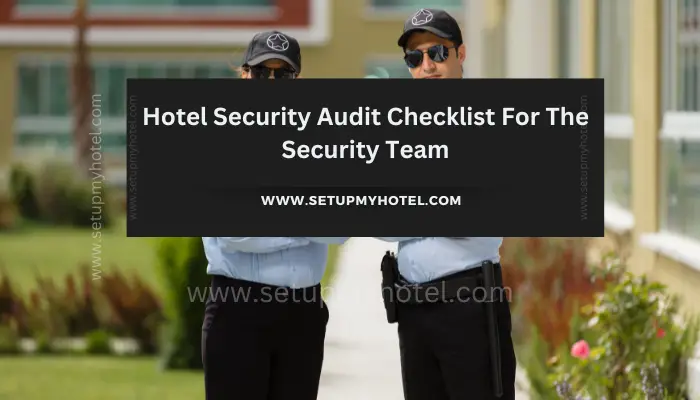
Hotel Security Audit Checklist for The Security Manager / Team As a security manager or team, it is crucial to ...
Read more
Security – Types Of Security Alarm Systems Used In Hotels
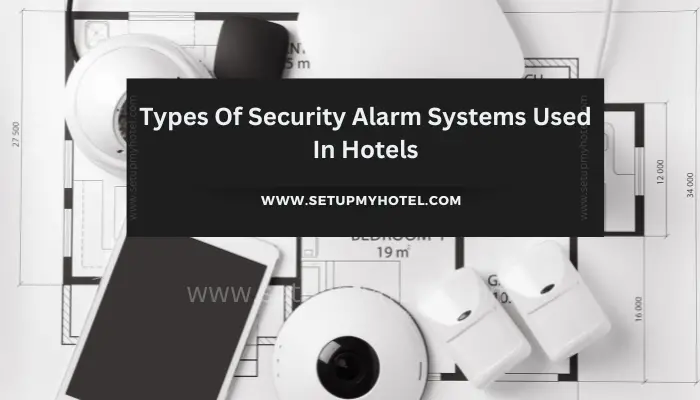
Types of Security Alarm Systems Used in Hotels Hotels are a prime target for theft, burglary, and other security breaches. ...
Read more
Security – Crime Prevention Through Environmental Design In Hotels
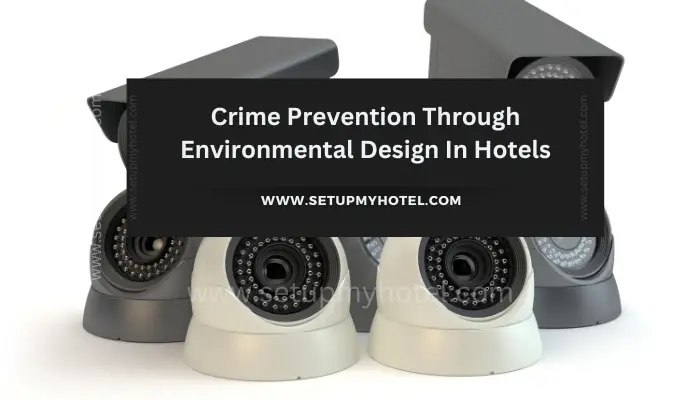
Crime Prevention Through Environmental Design In Hotels Crime Prevention Through Environmental Design (CPTED) is an approach that focuses on designing ...
Read more
Security – Hotel Security Department Organization Chart
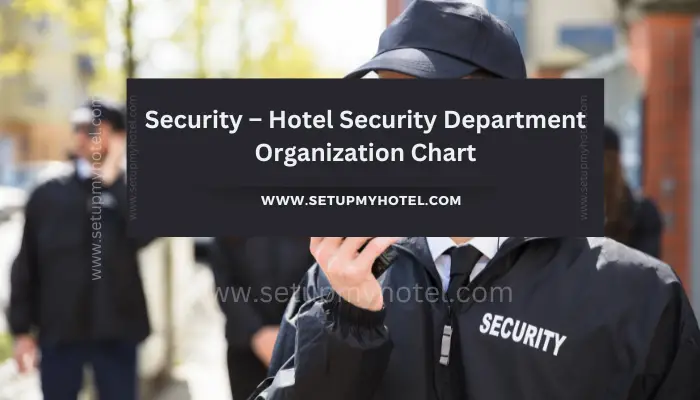
Sample Organization Chart For Hotel Security Department No two hotels have identical security requirements. National Security Standards are not suitable ...
Read more
Security – Hotel Security Department Self Inspection Checklist
Hotel Security Self Inspection Checklist Since Transient guest do not have the sense of territory or the ability to easily ...
Read more
Security – Different Types Of Security Staffing In Hotels
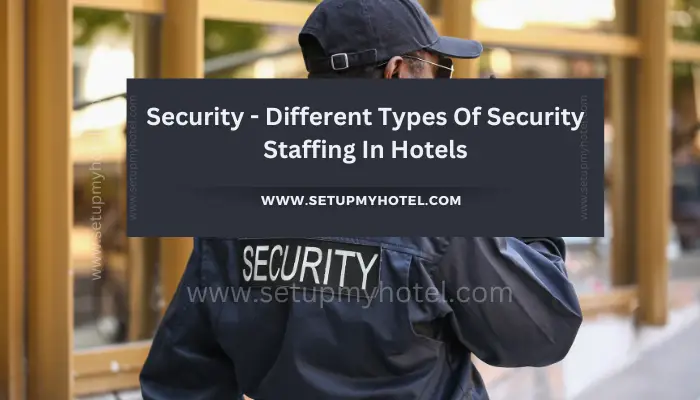
Types of Security Staffing in Hotels Security is a crucial aspect of any hotel business. It is essential to ensure ...
Read more
Security – Steps To Develop Hotel Security Program

How to Develop Security Programs in Hotels The safety and security of hotel guests and staff is of utmost importance. ...
Read more
Security – Types Of Safety Equipment’s Used In hotel Industry
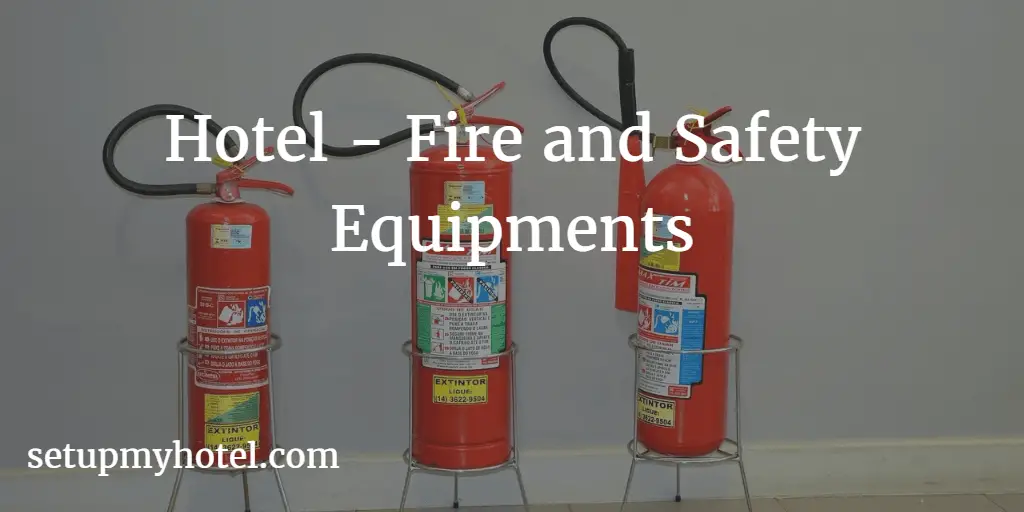
Types of Safety Equipment Used in the Hotel Industry Safety is a top priority in the hotel industry, both for ...
Read more
Security – List Of Hotel Guest Room Security Equipment’s
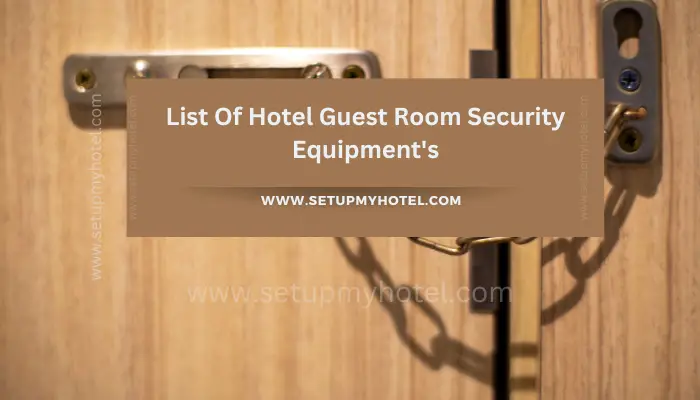
Hotel Guest Room Security Equipment’s When it comes to hotel guest room security, there are a variety of equipment options ...
Read more









